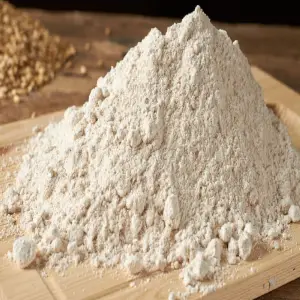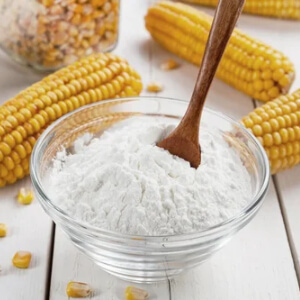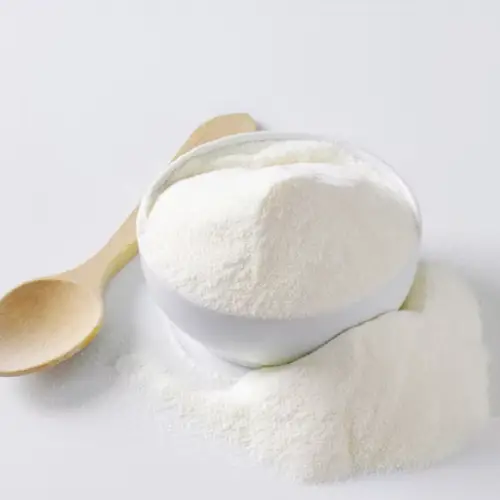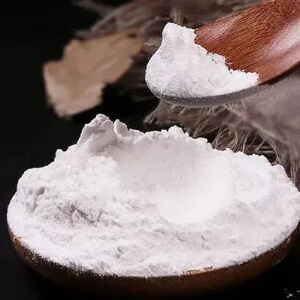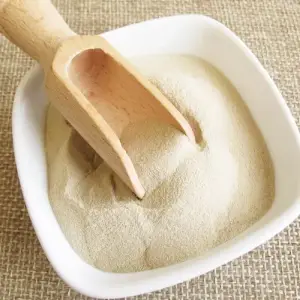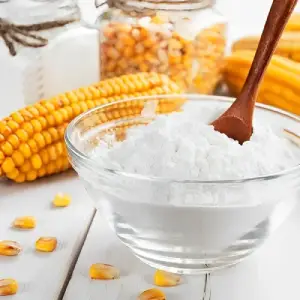Introduction of Modified Potato Starch
Modified potato starch, a specially treated form of traditional potato starch, is gaining significant attention across various industries for its improved functionality. By undergoing physical, chemical, or enzymatic processes, this modified starch boasts enhanced stability, thickening power, gelling ability, and heat resistance. These qualities make it a highly versatile ingredient, particularly in the food processing industry.
In the food sector, modified potato starch is used as a thickening agent, stabilizer, gelling agent, and texture enhancer. Its applications span a wide range of products, including ready-to-eat meals, sauces, dressings, puddings, candies, and soups. With its ability to withstand high temperatures and maintain product consistency, modified potato starch plays a vital role in improving the texture, shelf life, and overall quality of food products.
Furthermore, the benefits extend beyond the food industry. Modified potato starch is also increasingly used in industries such as pharmaceuticals, cosmetics, and paper manufacturing. Its ability to bind, stabilize, and improve product performance makes it a critical component in many manufacturing processes.
In addition to its industrial versatility, modified potato starch is recognized for being a sustainable option. Derived from renewable natural resources, it offers a biodegradable and eco-friendly alternative to other synthetic additives.
As demand for cleaner labels and natural ingredients grows, modified potato starch is quickly becoming an essential ingredient in many products. Its unique properties and applications are expected to continue driving innovation in the food and industrial sectors.
Health Benefits of Modified Potato Starch
1. Enhanced stability: Maintains good performance in high temperature, acidic or salty environments, and adapts to a variety of processing conditions.
2. Excellent thickening and gelling effect: Improves the texture and taste of food, widely used in ready-to-eat foods, condiments, desserts, etc.
3. Low glycemic index: Helps regulate blood sugar levels, suitable for diabetics and people who are concerned about health.
4. Promotes intestinal health: As a resistant starch, it helps improve intestinal microbiota and promotes digestive health.
5. Extends shelf life: Improves food stability and shelf life, and reduces food losses during processing.
6. Natural and sustainable: Derived from natural potatoes, it is environmentally sustainable.
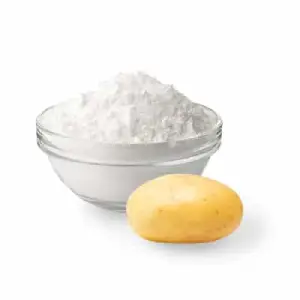
Modified Potato Starch
Chempora is a leading supplier of Modified potato starch, we provide customers with high quality modified potato starch, if you have any requirements, please feel free to contact [email protected], we will reply you as soon as possible.
E NO.: E1414
Specification Available: Food Grade
MOQ: 1Ton
Market Prospects of Modified Potato Starch
The market for Modified potato starch is expected to grow significantly due to its versatility across various industries. Key drivers include the rising demand for healthier, sustainable, and functional food ingredients.
1. Healthier Ingredients Demand: Modified potato starch, a source of resistant starch, offers benefits like improved gut health and blood sugar control, making it popular in health-focused foods.
2. Growth in Processed Foods: With the rise of convenience foods, modified potato starch is in high demand as a thickener and stabilizer, improving shelf life and texture in ready-to-eat meals, sauces, and snacks.
3. Functional Foods Awareness: As consumers seek foods with added health benefits, modified potato starch’s role in promoting gut health, weight management, and blood sugar regulation is increasingly recognized.
4. Sustainability Trends: Derived from renewable sources, modified potato starch is an eco-friendly alternative to synthetic additives, aligning with the growing focus on sustainability.
5. Emerging Markets Growth: With rising urbanization and disposable incomes in regions like Asia-Pacific, Latin America, and the Middle East, demand for modified potato starch is set to increase.
6. Pharmaceutical and Cosmetic Applications: Modified potato starch is also used in pharmaceuticals as a binder and in cosmetics as a thickener, contributing to market growth in these sectors.
7. Technological Advancements: Innovations in starch modification are improving its functionality and expanding its applications, driving further market demand.For more information, please leave us a message.
CHEMPORA CO., LIMITED
Contact Person: Mr. Stephen Dean
WhatsApp & Wechat: +8615026665594
E-mail: [email protected]
Precautions for the Use of Modified Potato Starch in Factories
1. Storage
- Temperature and Humidity Control: Store in a cool, dry place to prevent moisture absorption, which can affect starch quality.
- Airtight Packaging: Keep in sealed containers to avoid contamination and moisture absorption.
2. Handling
- Minimize Dust: Prevent dust generation to reduce respiratory risks and potential for explosions.
- Avoid Contamination: Ensure the starch is not exposed to chemicals, moisture, or allergens during handling.
3. Hygiene Standards
- Clean Equipment: Regularly clean machinery to avoid cross-contamination with other ingredients.
- Personal Protective Equipment (PPE): Workers should wear appropriate PPE (gloves, masks, protective clothing) during handling.
4. Quality Control
- Regular Testing: Perform quality checks on viscosity, particle size, and solubility to maintain product consistency.
- Batch Tracking: Record batch information, including source and processing conditions, for traceability.
5. Temperature Sensitivity
- Avoid High Temperatures: Excessive heat can degrade the starch, so avoid prolonged exposure to high temperatures during processing.
- Controlled Processing: Maintain recommended temperatures to preserve starch functionality.
6. Rehydration (if applicable)
- Controlled Rehydration: Carefully manage water temperature and quantity during rehydration to maintain desired texture and stability.
7. Allergen and Cross-Contamination Management
- Allergen Free Handling: Ensure starch is free of allergens and separated from allergenic materials during processing.
8. Employee Training
- Proper Handling Techniques: Train workers on best practices for handling modified potato starch to maintain product quality and safety.
9. Waste Management
- Proper Disposal: Dispose of any spilled or contaminated starch according to local regulations to avoid environmental impact.
10. Regulatory Compliance
- Follow Standards: Ensure all processes adhere to relevant food safety standards (e.g., ISO, HACCP) to meet regulatory requirements.


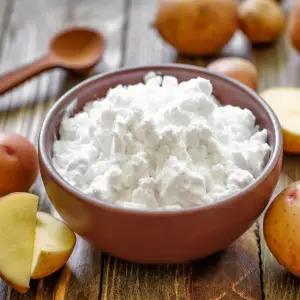
More Product Recommendations
In addition to Modified potato starch, we can provide you with many other thickening agent products.
